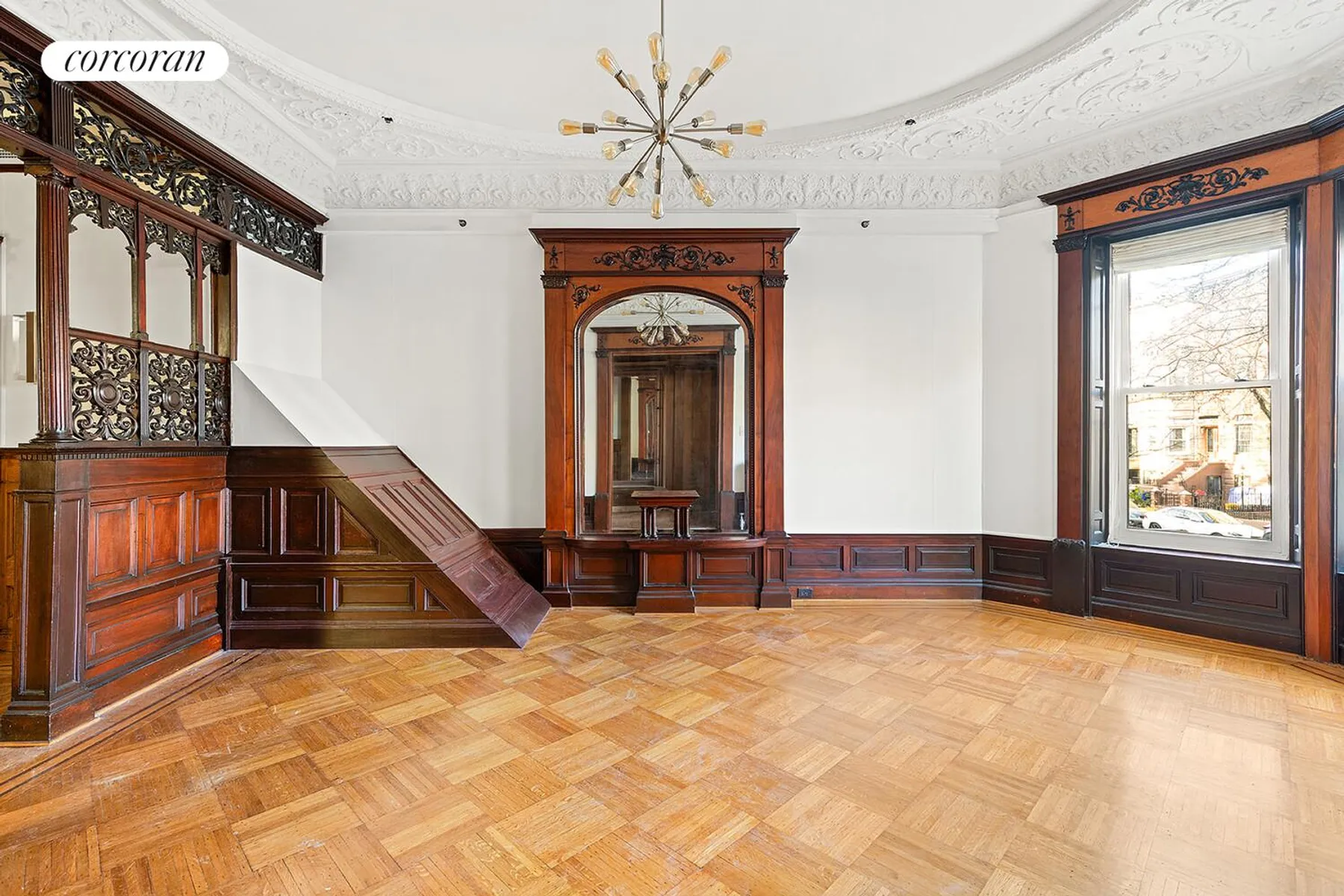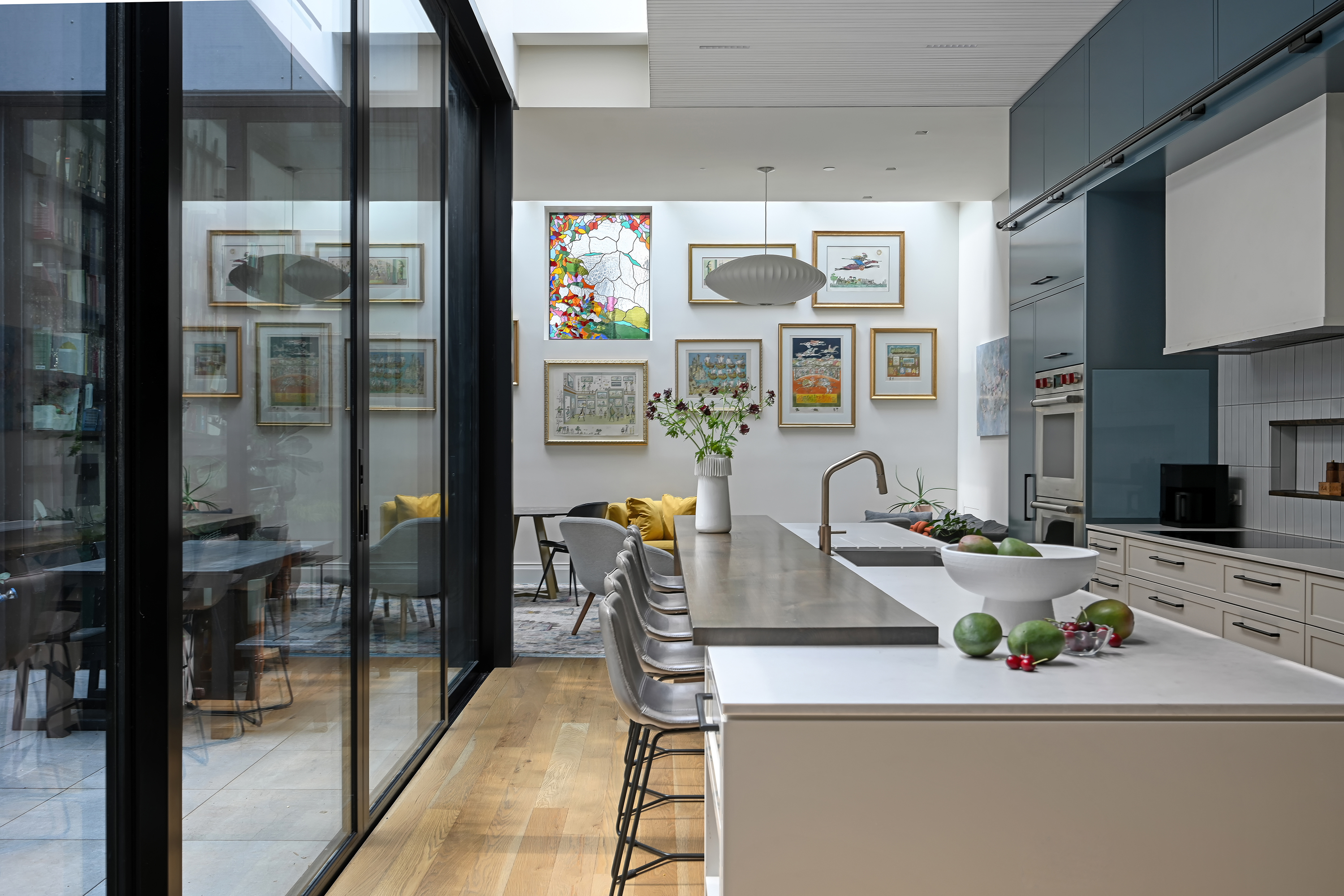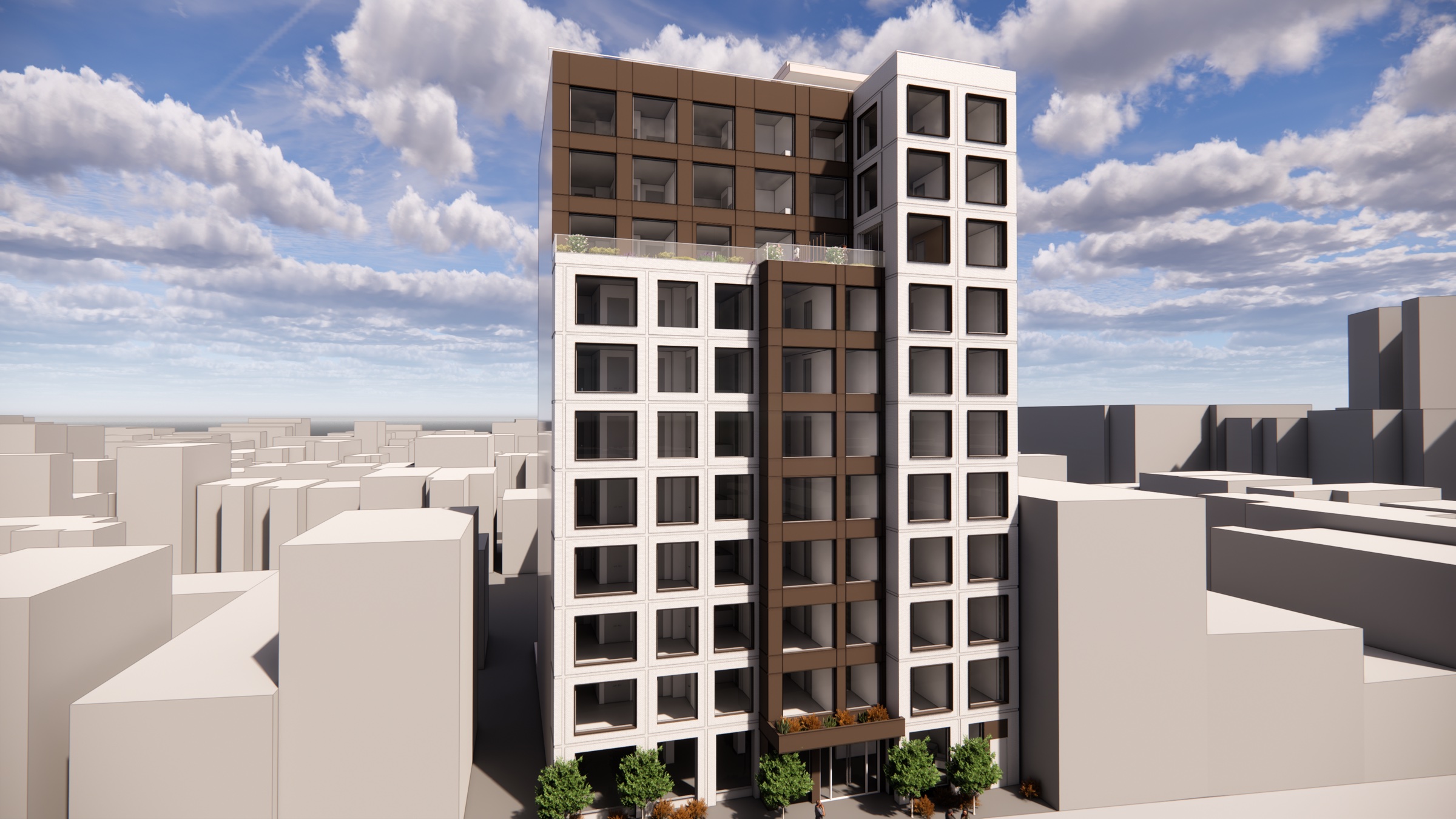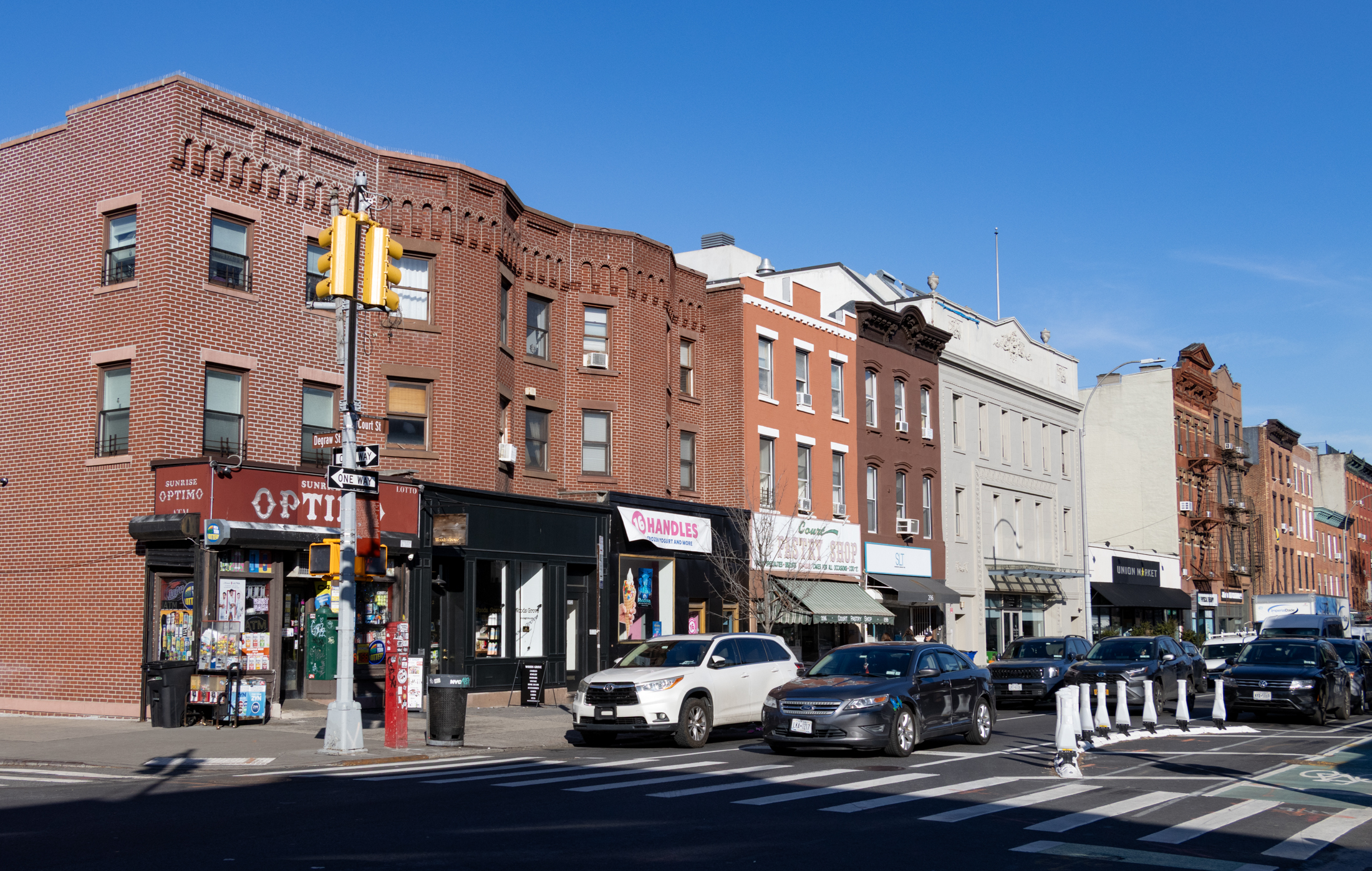Wall Street Experts Can't Agree on Housing Bubble
Goldman Sachs’ chief U.S. economist Jan Hatzius thinks the worst is behind the housing market. “The point of maximum deterioration in housing activity has probably passed,” he wrote in and October 20 research report. “The sharp downturn of the past year seems to have brought total housing starts—single-family starts, multi-family starts, and mobile-home shipments—close to…
Goldman Sachs’ chief U.S. economist Jan Hatzius thinks the worst is behind the housing market. “The point of maximum deterioration in housing activity has probably passed,” he wrote in and October 20 research report. “The sharp downturn of the past year seems to have brought total housing starts—single-family starts, multi-family starts, and mobile-home shipments—close to the level justified by the underlying demographics.” David Rosenberg, North American economist at Merrill Lynch disagrees: “Our research suggests that this housing cycle does not bottom out until starts reach the 1.3 million mark. So contrary to popular opinion, we are barely in the fifth inning of this down-cycle on the construction front.”
Who’s right? If you listen to the markets, it’s Rosenberg. Futures traders playing the Chicago Merc’s housing futures are collectively forecasting another 7% decline over the next 12 months.
Is Housing Out of the Woods? [Business Week]





I don’t think anyone can predict what is going to happen. All the inidcators appear to show a housing slow down, how much is still unknown and will not be determined until it is completed. That being said, too many people on this site are under the naive perception that Brooklyn is unique (in existing homes and brownstones) and thus not subject to the economic inidcators (which admittedly do not focus on Brooklyn brownstones, because they are too small a subject group). These brownstones have been around for more than a 100 years, similar buildings are located in Washington DC, Boston, and Philadelphia, and they have gone through ups and downs. To argue they are not affected by the economic inidcators is to argue New York is not affected by the war in Iraq, because it is not located in the United States.
You are right that existing homes are connected to new homes. However, the relationship is not so straight forward.
For instance, builder confidence can be seen as an indicator of the amount of demand that is out there. Lots of building means there are is still an imbalance of buyers to sellers which will have an upward force on prices.
By the same token, builders slowing down means the demand is subsiding and there may be more supply than demand so builders don’t see a bright future.
Looking at things another way, less building means less inventory coming on the market leading to less supply which again will drive up prices.
There is a cycle and new construction, from single family homes, to fedders buildings to condos in dumbo, definitely play a role in determining prices for all properties both new and existing.
However, the role is more of an influencer rather than a direct relationship, there are many variables in play. Also, many of these elements have a delayed effect. New construction has a 12-24 month timeframe so a change in starts now will not impact the market for 1-2 years.
The point is simply that a drop in the economic contribution from the housing sector is not the same thing as a drop in prices of existing homes.
Many people don’t recognize this and just see a headline regarding bubbles bursting and think prices are going to drop as a result when this is not necessarily the case.
The economy needs to be balanced among many contributors, housing is one of them. As we just crossed the 300 million population threshold on quickly approaching 400 in our lifetime, we will need to provide housing and jobs for those people. The nature of the economy will mean that sometimes housing will be a bigger contributor, sometimes manufacturing etc, etc. Just because one slows does not mean it will be a bust. I think anyone hoping for a 25% drop in home prices is dreaming. If that happens you probably won’t have a job to take advantage of it.
25% down is a lot – due to the law of big numbers
Here are % increases and decreases to break even:
15% up, 13% down
25% up, 20% down
50% up, 33% down
100% up, 50% down
200% up, 66% down
Existing homes are connected to new homes – you may not be as aware of it as they are in places like Vegas, for example, but just look at all the new condo developments. Yes, those are “new homes,” NYC style (and what about all the b’stoner faves, like Fedders and Ratner? More “new homes.”) And in areas of the ‘burbs, there are plenty of new homes being built – a ton of contractors have purchased “existing homes” to knock them down and build new.
Housing is too much of a driving force in our economy now. We need to get back to manufacturing, inventing and having people who want to buy our products, instead of just selling houses and granite counters to each other.
it’s not a matter of accepting that prices can go down, it’s just that this article is not talking about prices of existing homes nor is it giving any evidence that allows us to evaluate prices.
Keep in mind that this bubble (or lack thereof) they are talking about is related to new home construction as a sector of the economy. They are not talking about prices of existing homes.
I think people are often confused by this. They hear housing bubble and think it means prices will go down. That’s not what’s being discussed here.
Rather, the question being asked is how much will the housing industry contribute to our economy (jobs, taxes, etc.) in the near future.
It’s funny how people can accept that housing prices should go up 100% in a few years, but cannot fathom the idea of them going down 25%.
These analysts are looking at the housing market from the perspective of the homebuilders.
Are they going to build as many houses as they did last year?
Seeing that Ilive in Brooklyn,I really could care less how the homebuilders are doing. They’re not here in Brooklyn. I also don’t care about national housing data. (Just like I don’t care how the European housing market or the Brazilian housing market is doing)